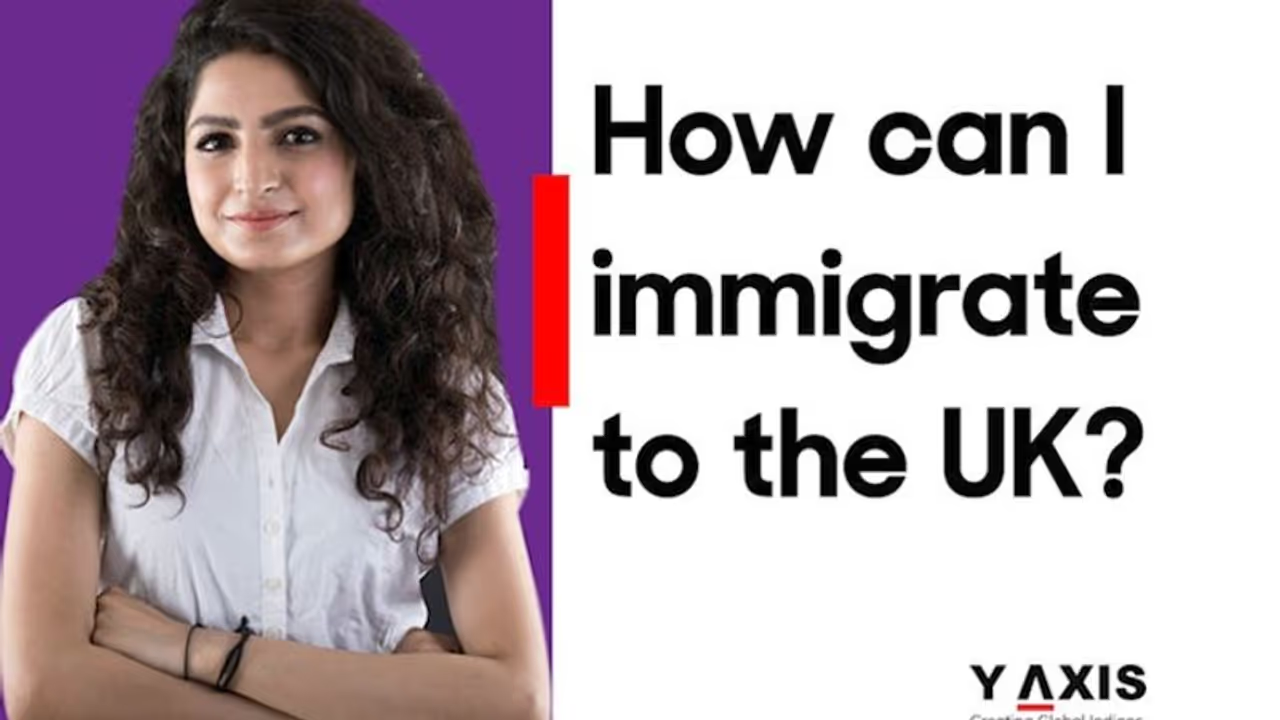Despite Brexit, the UK retains much of its charm for skilled professionals from all over the world.
Rather than diminishing with the UK bowing out of the EU, the introduction of a points-based system has enabled the UK to maintain its competitive edge among countries that get the greatest number of skilled workers in a year.

Specifically targeting the brightest and the best going ahead, UK immigration has come a long way indeed.
UK immigration is much sought-after among immigrants that choose to relocate overseas, often with their families in tow.
The United Kingdom is made up of Northern Ireland, England, Wales, and Scotland.
To be able to migrate to the UK, you must belong to a country that is not a part of the European Economic Area [EEA], the European Union [EU] or Switzerland.
Those from the EU, the EEA or Switzerland might apply for a “settled status” after they have resided in the UK for a period of 5 years.
Different options are available for other individuals intending to settle in the UK.
Generally, an individual will first have to move to the UK temporarily, later applying for an Indefinite Leave to Remain [ILR] from within the UK.
Pathways for moving to the UK include migrating with a job offer in hand, taking the UK student route, migrating as an investor/entrepreneur, or settling down in the UK if married or engaged to a UK permanent resident or citizen.
Applying to settle in the UK for such individuals requires that they have been in the UK legally for a period of continuous 10 years. This is referred to their “long residence” in the UK.
As the leave to remain is ‘indefinite’, the individual can stay on in the UK without any time restrictions as such.
All other eligibility requirements will also have to be successfully met before an ILR can be granted.
The leave to remain or permission to stay can be either in a particular immigration category, or a combination of various immigration categories.
A part of the eligibility requirements for being granted an ILR in UK is that of having adhered or kept to the terms of the visa that they have since been in the country on.
Additionally, they must also be between the ages of 18 to 65 years.
Evidence of possessing sufficient skills in the English language will be required. This proof will have to be in the form of results of recognized tests like the IELTS specifically designed for helping people work or study in or migrate to a country where English is the native language.
Diverse UK immigration pathways require a different level of English language ability.
For example, a formal assessment of all the 4 abilities of Reading, Writing, Speaking and Listening will be required for the UK application routes for students, skilled workers, innovators, etc.
On the other hand, only an assessment of the abilities of Speaking and Listening will be needed for those submitting their UK applications for parents or partners, etc.
A Life in the UK test will also have to be appeared for and cleared. The test involves 24 questions – based on the Life in the UK handbook – to be answered within 45 minutes. At least a 75% must be scored by the applicant to be considered to have passed the test.
There are various other requirements that have to be met as well.
While those meeting all the requirements might apply for an ILR, those not meeting the requirements of passing the Life in the UK test or proof of English language abilities might instead apply for an extension of their stay in the country.
For the purposes of being granted an IPR in the UK, the qualifying period to be assessed will begin either from the date on their arrival in the UK or on the date that they were granted permission to stay in the UK.
As the stay in the US should be of “continuous residence”, the time must have been spent in the UK without gaps. An individual might leave the UK – for up to 180 days at a time, 540 days altogether – during the period of continuous residence in the UK.
Disclaimer: This is a featured content
NOTE: Asianet News humbly requests everyone to wear masks, sanitize, maintain social distancing and get vaccinated as soon as eligible. Together we can and will break the chain #ANCares #IndiaFightsCorona
